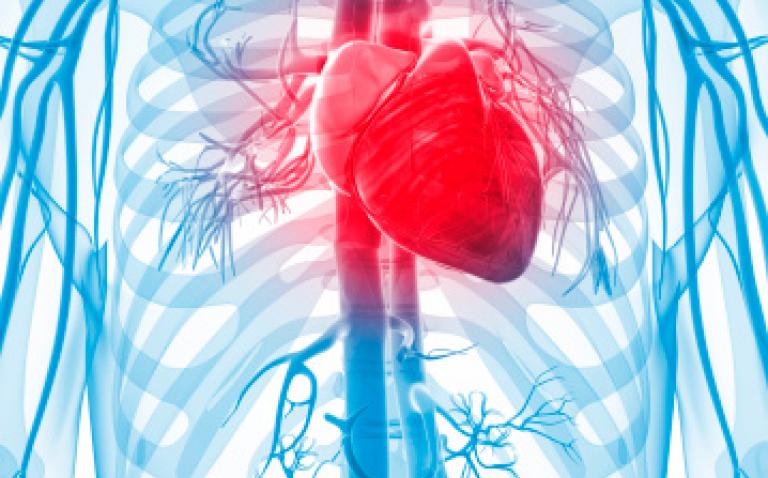The National Institute for Health and Care Excellence (NICE) recommended Abbott’s ARCHITECT STAT High Sensitive Troponin-I (hsTnl) test, among others, to help doctors quickly rule out heart attacks in NHS emergency departments in England and Wales. (1)
Chest pain accounts for around 700,000 emergency room visits in England and Wales each year, and between 2011-2012, more than 79,000 admissions were due to heart attacks (acute MI). (1) Using high sensitive troponin tests, doctors may reduce the time for evaluating heart attacks by several hours compared to standard troponin tests, which can take up to 12 hours for results. (2) These tests can also identify patients at higher risk for another heart attack 30 days later, allowing doctors to provide the most appropriate treatment to these patients to help prevent another cardiac event. (3)
When people present with a suspected heart attack in the emergency department, doctors often use blood tests that measure a substance called cardiac troponin, a protein that can help indicate injury to the heart. (4)
“Abbott’s highly sensitive troponin test can help doctors precisely measure very low levels of this protein, allowing them to evaluate whether or not patients are having a heart attack within two to four hours after admission to the emergency department,” said Agim Beshiri, MD, Senior Medical Director, Medical Affairs, Diagnostics, Abbott. “This faster evaluation could help decrease time to diagnosis or prevent additional unnecessary procedures to reach a diagnosis.”
References:
- NICE Guidance: Myocardial infarction (acute): Early rule out using high-sensitivity troponin tests (Elecsys Troponin T high-sensitive, ARCHITECT STAT High Sensitive Troponin-I and AccuTnI+3 assays).
- Abbott ARCHITECT STAT High Sensitive Troponin-I Package Insert (PI), November 2013.
- Jarolim P, Bonaca MP, et.al. Performance of a high sensitivity cardiac troponin I assay in patients with non-ST elevation acute coronary syndrome. Study presented at the AACC Annual Meeting 2013, July 30, 2013.
- Thygesen K, Alpert JS, Jaffe AS et al. Third universal definition of myocardial infarction. European Heart Journal 2012; 33:2551-2567.










